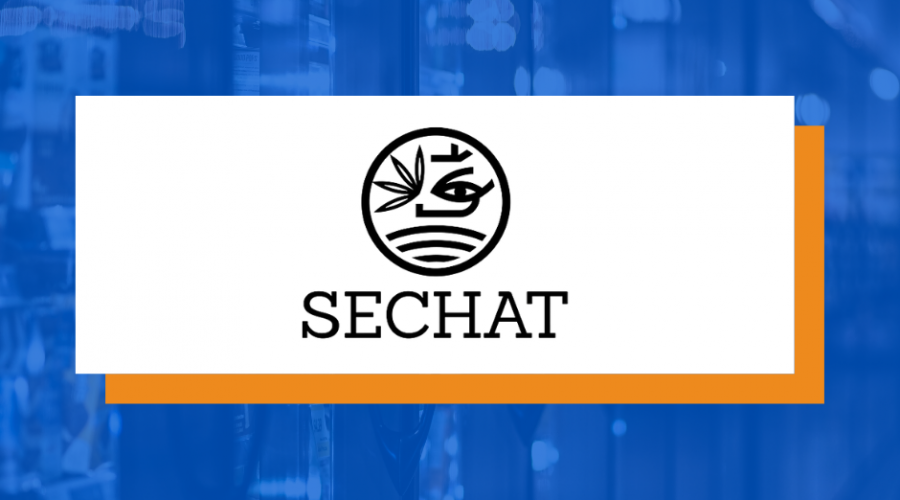[Marketing Medium] Live Event with MEP Svenja Hahn
MEP Svenja Hahn says: “Artificial Intelligence plays an increasing role in our everyday lives. AI technology has a vast potential for innovation and progress, from the use of screening systems in the health sector to self-driving vehicles. I am convinced that these new technologies will offer benefits to European businesses and consumers alike. As lawmakers in the European Parliament, our task is to close loopholes in the current European legislation and respond to legal challenges that might arise with AI applications. Only when the legal framework is fit for the digital age, we can tap the full potential of AI for citizens and the EU’s Digital Single Market. In this regard, it is of utmost importance not to over-regulate, to avoid red tape, and to provide for legal certainty for businesses, investors, and consumers.”
source http://meltwater.pressify.io/publication/5ebd64a21abdb9000474ae71/5aa837df2542970e001981f6




